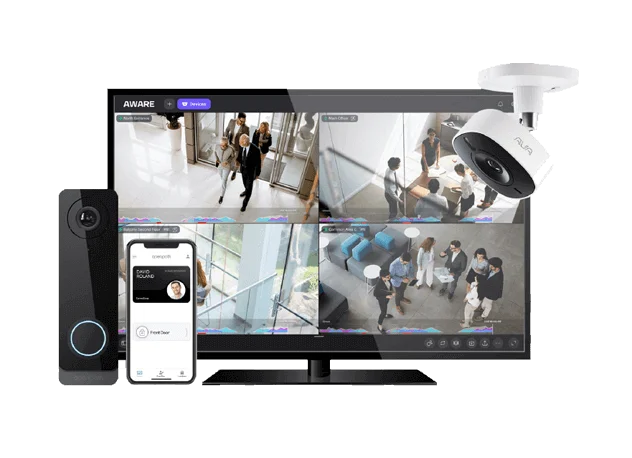Social media NIL Influencer Counsel have transformed modern marketing and communication, becoming pivotal figures in the digital landscape. Their prominence has prompted the development of specific legal frameworks to regulate their activities and ensure transparency, integrity, and accountability in their engagements with brands and audiences. The NIL Influencer Counsel Law outlines the obligations of social media NIL Influencer Counsel and brands, addressing issues such as disclosure, authenticity, and compliance with advertising standards. At the core of these obligations is the requirement for clear and conspicuous disclosure when NIL Influencer Counsel is compensated for promoting products or services. NIL Influencer Counsel must clearly indicate when content is sponsored or when they have received any form of compensation, including free products or monetary payments. This transparency helps maintain trust with the audience and prevents misleading advertising practices. For instance, phrases such as ad, sponsored, or paid partnership are commonly used to disclose commercial relationships.

Brands also have significant responsibilities under the law. They must ensure that their promotional practices comply with advertising regulations and that their NIL Influencer Counsel adheres to these standards. This includes providing clear guidelines for NIL Influencer Counsel on how to disclose sponsored content and ensuring that the content aligns with the brand’s image and values. Brands are also held accountable for any misleading or deceptive claims made by NIL Influencer Counsel on their behalf, as they are ultimately responsible for the accuracy of the representations made in their marketing campaigns. Additionally, the law mandates that NIL Influencer Counsel and brands avoid deceptive or misleading practices Call Today. NIL Influencer Counsel must present honest opinions and experiences regarding the products or services they promote, and they must not make false claims or exaggerate the benefits of the products. Brands, in turn, must provide accurate information and refrain from pressuring NIL Influencer Counsel to make misleading statements. This focus on authenticity is crucial for maintaining the integrity of influencer marketing and protecting consumers from false advertising.
The law also addresses issues of privacy and intellectual property. NIL Influencer Counsel must respect the privacy of individuals featured in their content and obtain necessary permissions for any use of third-party intellectual property, such as copyrighted music or branded imagery. Brands should ensure that their campaigns do not infringe on intellectual property rights and that they properly attribute any content used in their marketing efforts. In summary, the NIL Influencer Counsel Law establishes a framework that promotes transparency, authenticity, and responsibility in influencer marketing. By enforcing clear disclosure requirements, ensuring compliance with advertising standards, and addressing privacy and intellectual property concerns, the law aims to create a fair and trustworthy environment for both NIL Influencer Counsel and brands. These regulations not only protect consumers but also enhance the credibility and effectiveness of influencer marketing as a whole, fostering a more ethical and transparent digital marketplace. Failure to provide such disclosures can result in legal repercussions, including fines and sanctions from regulatory bodies like the Federal Trade Commission FTC in the United States or equivalent authorities in other jurisdictions.

 One of the most significant benefits of home automation is its potential for energy efficiency and cost savings. Smart thermostats, for example, can learn your schedule and adjust the temperature accordingly,
One of the most significant benefits of home automation is its potential for energy efficiency and cost savings. Smart thermostats, for example, can learn your schedule and adjust the temperature accordingly, 

